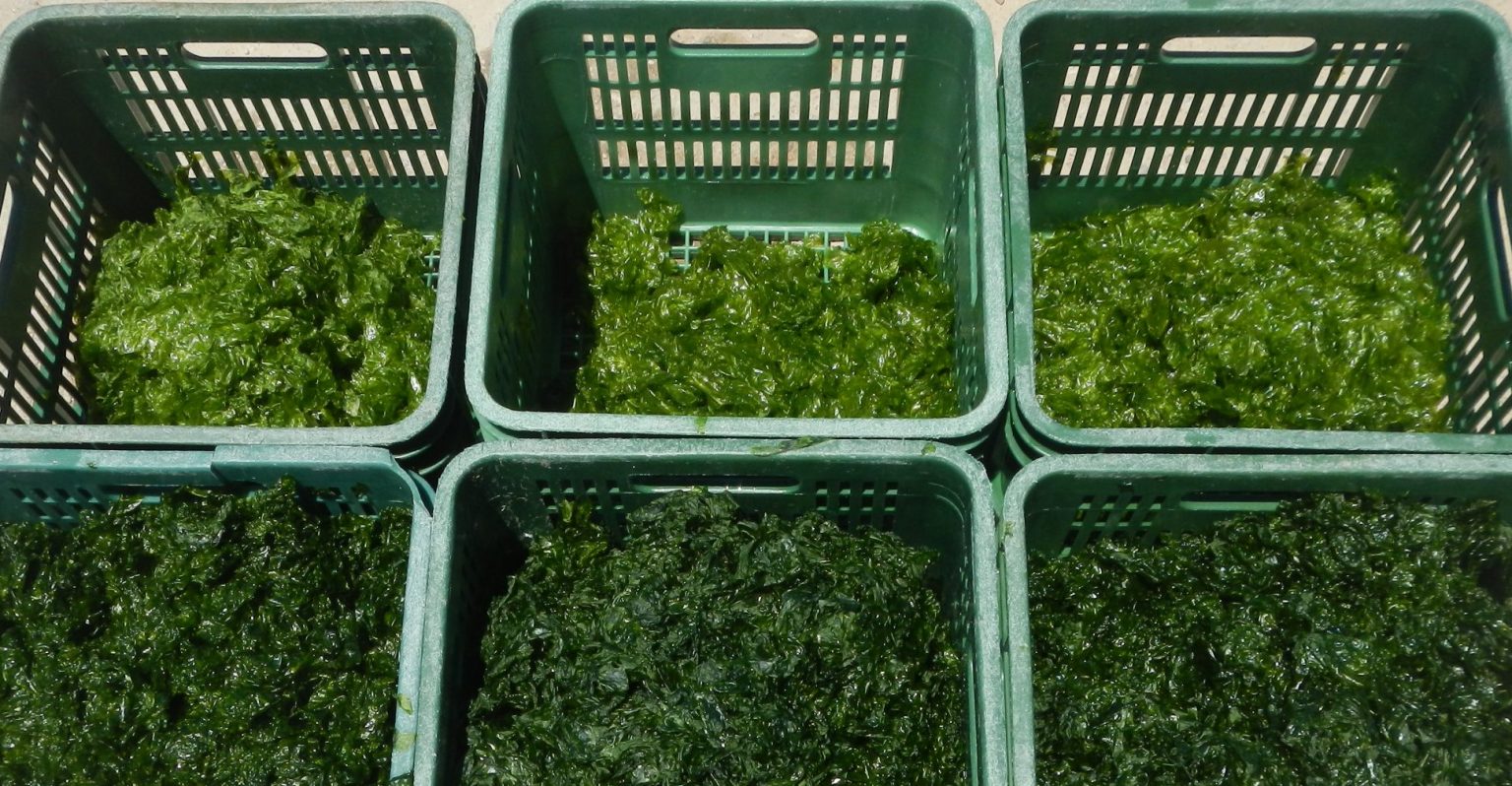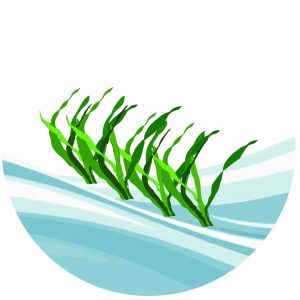
Our COST Action will consolidate and increase the knowledge on Ulva, from basic biology, through identifying key elements for Ulva mass production and valuable by-products, to social and environmental impacts. By collaborating with senior and young scientists, SME/industries, NGO, and European/international organisations, the Action will establish a network that transcends borders and disciplines. Resources will be pooled and knowledge will be shared. This blending of a large variety of expertise will have complementary and synergistic effects.
Any new knowledge will be transferred to all the target groups including the general public, either directly in the short term (via in-person and online conferences and workshops), or via publications (minimum of 2 policy briefs, 1 specifically regarding aquaculture regulatory issues).
At least a dozen (whenever possible, open access) articles will be published in scientific literature, and several articles in popular journals, depending on the target audience). Final protocols will be published as a handbook for both scientist and stakeholders at the end of the Action. Direct interactions with industrialists throughout the Action will be
guaranteed via SME platforms. The Action will generate a dynamic and productive network with entirely open lines of communication to enable efficient information sharing and knowledge transfer via Internet (e.g., SEAWHEAT webpage, other linked pages, social media). This body of collaborations has a scope that extends far beyond the point impact of the COST Action.
Our Action is fully committed to the education of the next generation of scientists, graduate students, and undergraduate students. It will take care in particular of involving ECI in the participation, organisation and evaluation of the workshops and TS. Their involvement will also be very effective in all WGs via the instrument of STSMs.
- Reports by the Management Committee and Working Groups
- Six workshops
- Five Training Schools (TS)
- Eight STSMs per year.
- Two conferences (open to the public)
- Database of articles in scientific journals and ‘grey literature’ on sustainable aquaculture on seaweeds.
- Creation of a web page and social network accounts (FB, Instagram, ResearchGate and Twitter).
- Two public events.
- A final report titled ‘ULVA – Tomorrow’s Wheat of the Sea’ will be the ultimate publication, including all the reviews, protocols and reports which should become ‘gospel’ for students, scientists, producers of Ulva, and other seaweed stakeholders.
